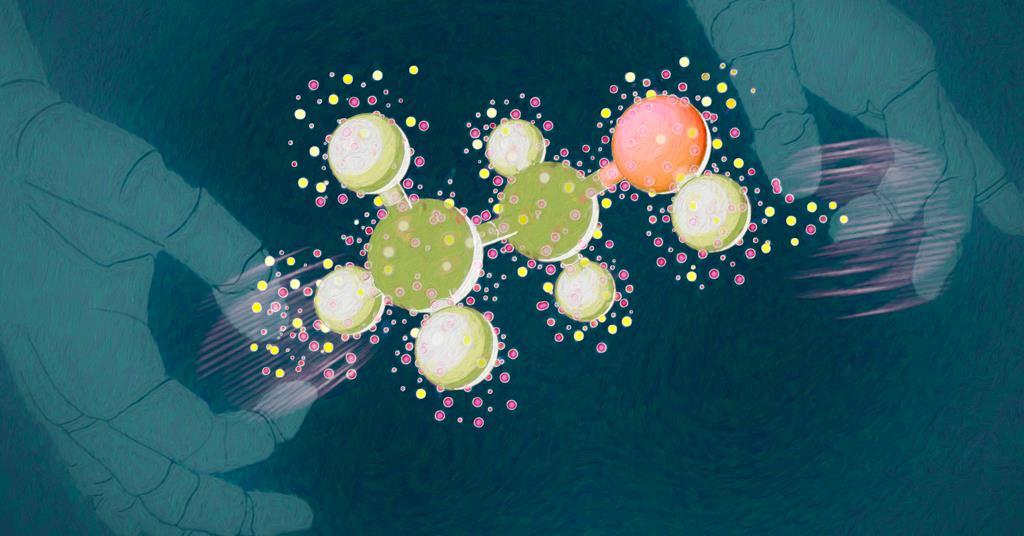**Researchers Break Through With Revolutionary New Materials Research Innovation**
A materials research team composed of NIMS and Nagoya University made a highly innovative breakthrough in developing a novel two-step thermal aging schedule that fabricates nickel-aluminum (Ni-Al) alloys with superior strength at high temperatures than existing manufacturing processes.
The researchers made use of artificial intelligence (AI) techniques to identify new thermal aging schedules that showed promise in bolstering the strength of the Ni-Al alloys at high temperatures. Examining several dozen different thermal aging schedules, the intricate mechanisms behind these schedules were revealed through detailed analysis—signifying a huge step forward in the use of AI to uncover fresh insights in materials research.
Previously, determining the optimum thermal aging schedules was limited to using constant temperatures due to the sheer number of possible combinations of temperature and duration. They have since developed a Monte Carlo tree search (MCTS) system—an AI algorithm capable of streamlining vast amounts of potential combinations into a smaller number of feasible ones.
This discovery led to the development of a two-step thermal aging schedule, starting with short-duration high-temperature aging followed by long-duration low-temperature aging. This innovative schedule was proven to produce Ni-Al alloys that were much stronger at high temperatures than those produced using any of the thermal aging patterns identified as effective by the AI algorithm.
The research team’s ultimate goal is to leverage AI to increase the high-temperature strength of more complex nickel-based superalloys already in practical use in gas turbines, thereby enhancing their efficiency.
Do you believe that this exciting new innovation will transform materials research and potentially lead to the development of more advanced materials in the future? Let us know your thoughts and comments below!
IntelliPrompt curated this article: Read the full story at the original source by clicking here




